Bain Capital Considers Selling Rocket Software in a Deal Valued at $10 Billion
Bain Capital, a prominent private equity firm, is reportedly exploring the possibility of selling Rocket Software, a leading provider of automation software. The deal could reach an estimated value of up to $10 billion, including debt. This strategic move comes at a time when enterprises worldwide are ramping up investments in technology and automation, spurred by the ongoing boom in artificial intelligence (AI).
According to research firm Gartner, global IT spending in 2023 is projected to grow by nearly 10% to a record-high $5.61 trillion. Let’s delve into the details of the potential sale of Rocket Software and its alignment with emerging market trends.
Why Bain Capital May Be Ready to Sell Rocket Software
Since acquiring Rocket Software in 2018 for $2 billion, Bain Capital has overseen significant growth in the company's market position and technological capabilities. The decision to explore a sale likely comes down to several strategic factors:
1. Increased Asset Value. Bain's investments in Rocket Software have greatly enhanced its valuation, creating a prime opportunity for a profitable exit.
2. Favorable Market Dynamics. The heightened demand for automation and AI-driven solutions has made companies like Rocket Software more attractive to potential buyers.
3. Optimizing Timing. With IT budgets surging globally, Bain Capital may be capitalizing on a climate that maximizes Rocket Software's appeal.
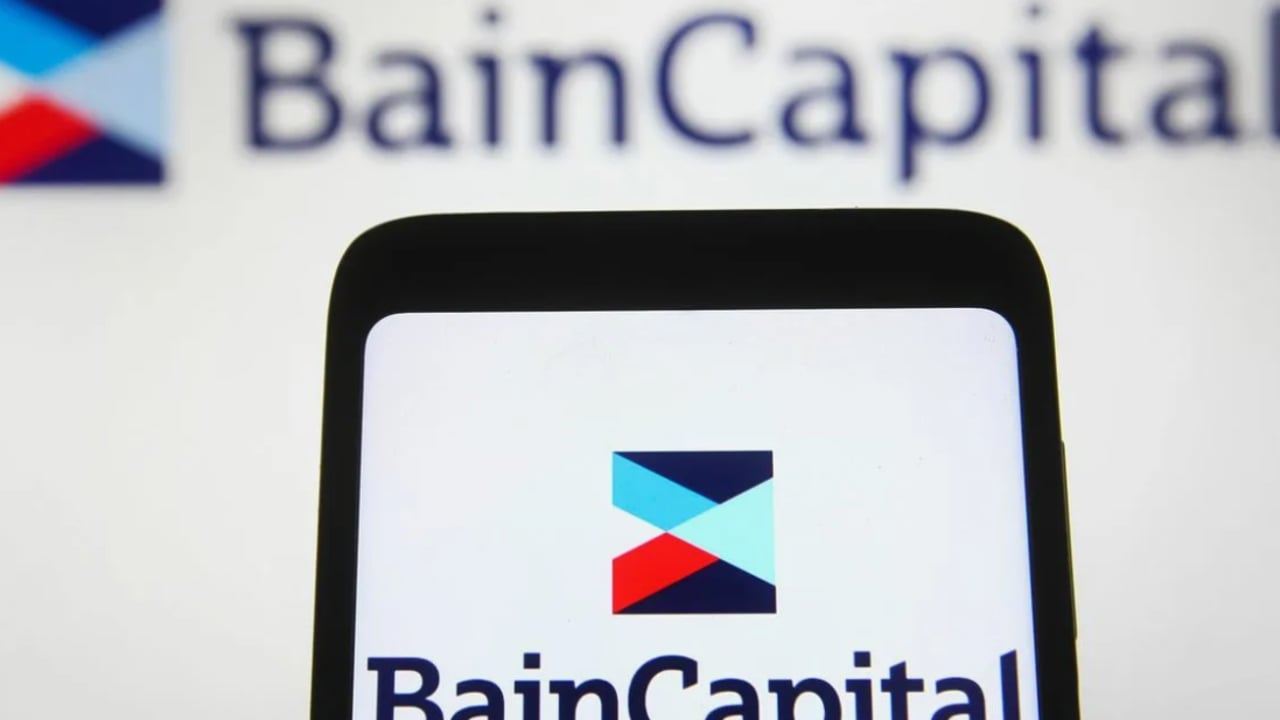
The Role of Automation in Driving the Deal
The soaring adoption of artificial intelligence has prompted enterprises to modernize legacy systems and automate repetitive workflows. Key factors amplifying this trend include:
- Cost-efficiency. By investing in automation, companies reduce their operational expenses and increase their bottom lines.
- Data Management Advancement. Tools like those offered by Rocket Software provide robust frameworks for processing and analyzing massive data volumes.
- Enhanced Productivity. Automation frees up human resources from routine tasks, enabling a sharper focus on innovation and strategic priorities.
As a result, Rocket Software sits squarely in a high-demand sector, making it a lucrative prospect in the eyes of both strategic and financial acquirers.
Advisors and Confidential Sale Process
Insider reports suggest that Bain Capital has enlisted two investment banks to guide the sales process:
- Moelis & Company $MC
- RBC Capital Markets
The process is expected to kick off within weeks, with discussions being held under strict confidentiality. With the transaction potentially exceeding $10 billion, Rocket Software has drawn the attention of both strategic buyers and major investors, setting the stage for a competitive bidding process.
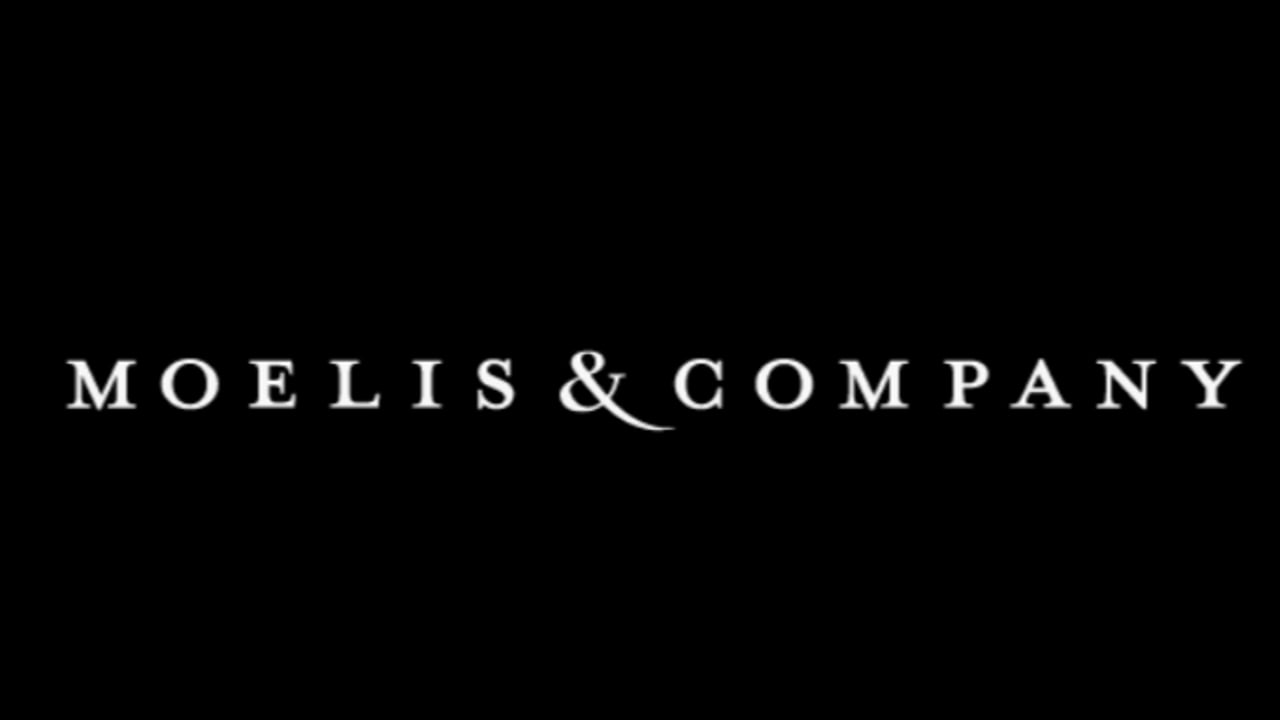
Global IT Spending Trends
The global IT industry has been on an uninterrupted growth trajectory, and 2023 is no exception. Gartner’s latest data highlights several noteworthy trends:
- Annual IT spending forecast: $5.61 trillion in 2023.
- Major growth drivers: artificial intelligence, automation, and cloud computing adoption.
- Prominent target sectors: finance, retail, manufacturing, and healthcare.
Rocket Software’s focus on automation solutions places it in a favorable position to capitalize on these trends, further underscoring its appeal to potential buyers.
Potential Suitors for Rocket Software
Given the explosive growth in automation technologies, Rocket Software is poised to attract significant interest from a wide range of industries and investors. Likely bidders include:
- Tech Giants. Companies seeking to integrate Rocket Software’s automation tools to enhance their IT ecosystems.
- Private Equity Firms. Investment groups looking to capture value in a rapidly expanding sector.
- Bain Capital Partners. Established partners of Bain Capital who may want to build on their existing involvement with Rocket Software.
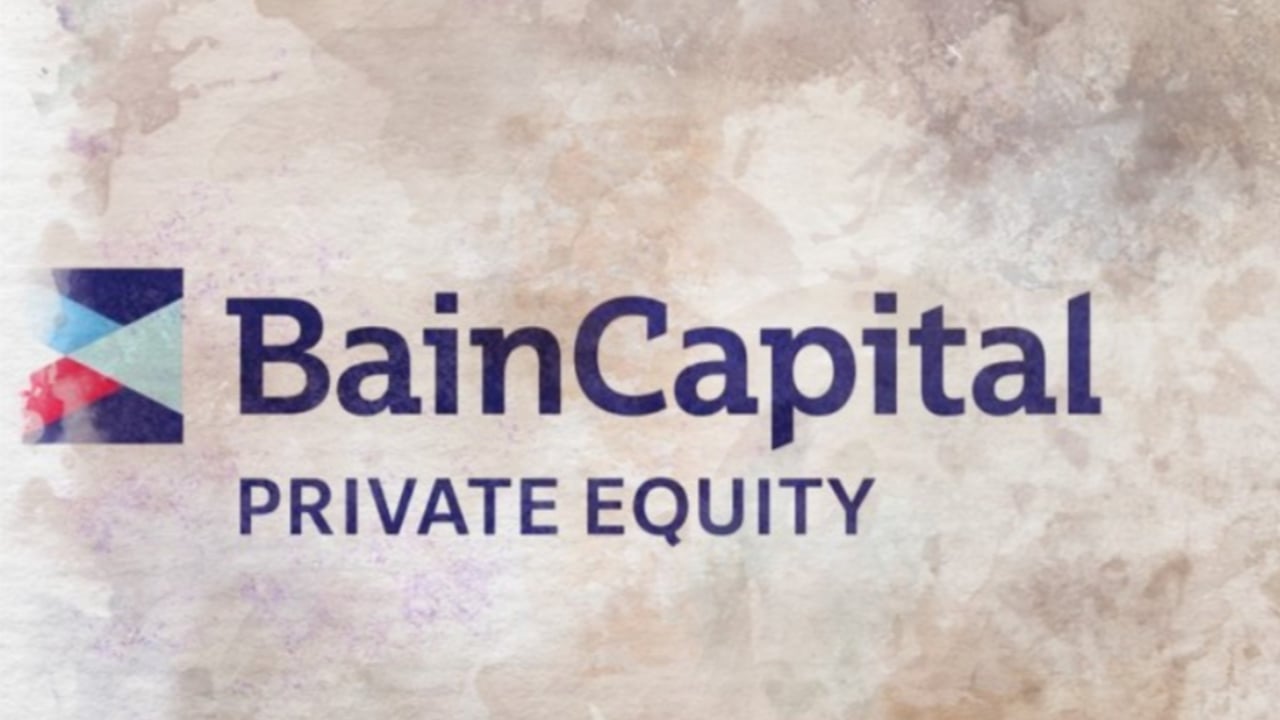
Conclusion
Bain Capital’s decision to explore a sale of Rocket Software highlights the growing strategic importance of automation and AI software providers in today’s business landscape. A deal estimated at $10 billion would be one of the largest transactions in the IT sector this year, reflecting the robust demand for innovative automation solutions. As the process unfolds, all eyes will be on who steps forward to acquire this key player in the global IT market.


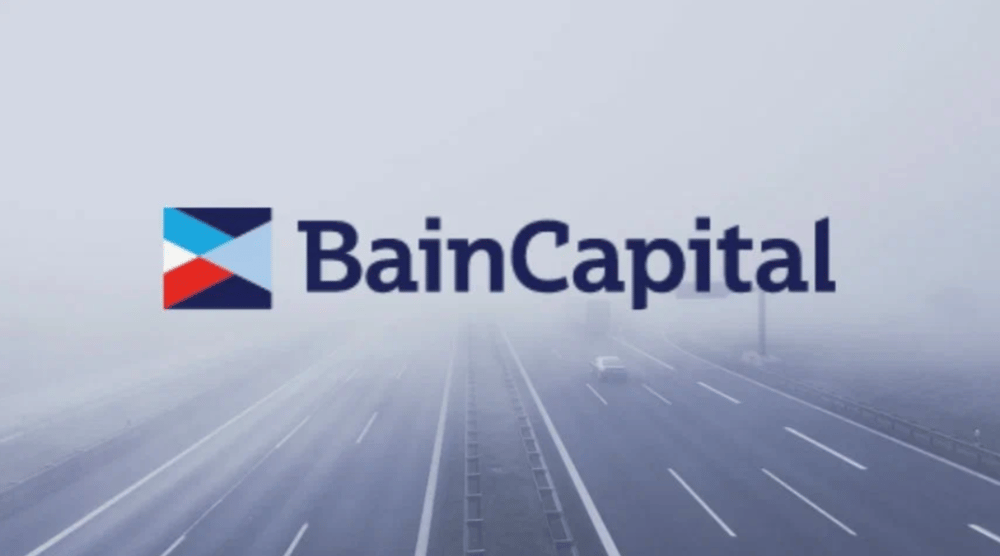











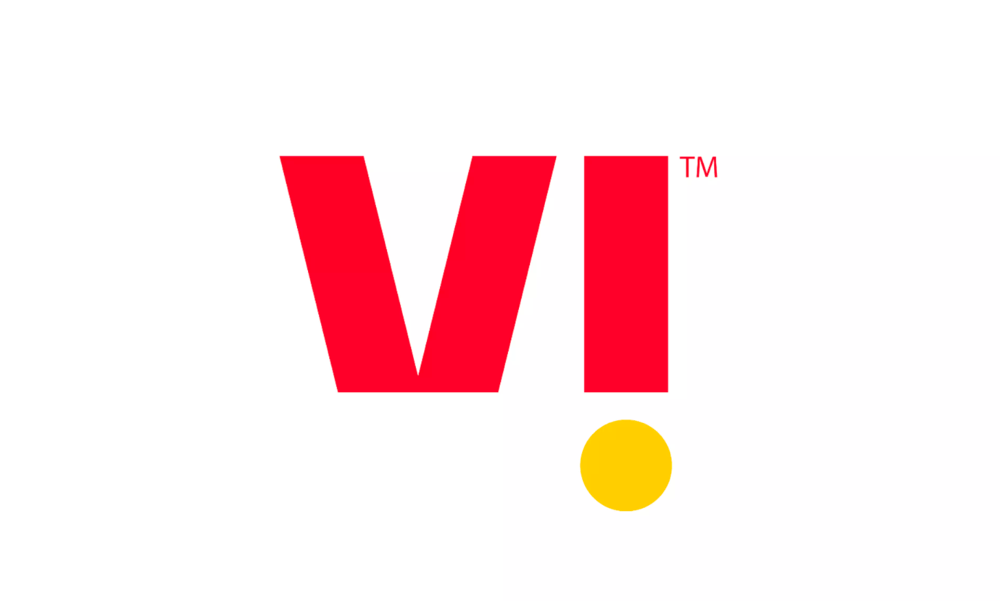
Comments